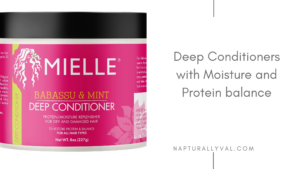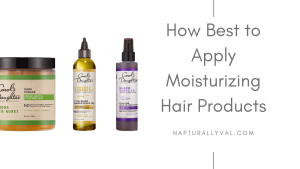Dandruff is one of those frustrating scalp issues that many of us with 4C natural hair deal with. It can be itchy, flaky, and even embarrassing at times, especially when it pops up unexpectedly. Although dandruff is a common issue, it’s especially challenging for those with 4C natural hair, which tends to be drier and requires extra attention to moisture and scalp health. But don’t worry—managing and preventing dandruff on 4C hair is completely doable!
In this post, we’ll cover everything you need to know about dandruff on 4C natural hair. We’ll explore what causes dandruff, how to prevent it, and what steps you can take to keep both your scalp and your hair in the best condition possible. Let’s dive into some practical, long-lasting solutions to keep dandruff at bay while maintaining your 4C curls!
Feel like your hair has been the same length forever, I’ve an Ebook that will help you grow your hair healthier, longer and thicker. Grab your copy here… Also, check out all the Ebooks,guides and journals that will go a long way in your hair care journey here.
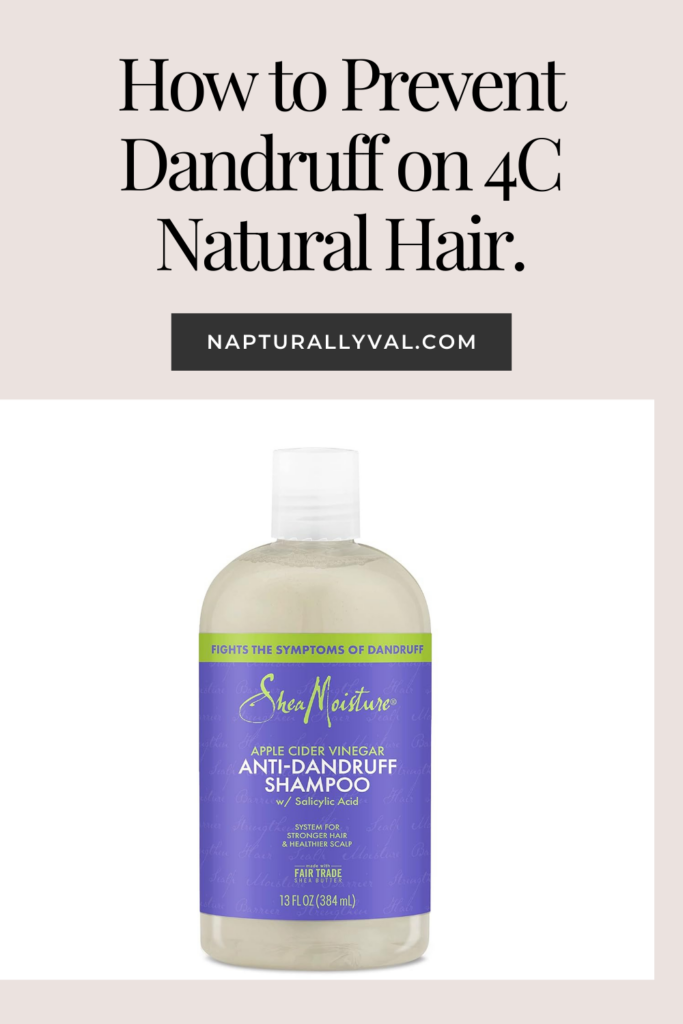
Table of Contents
Ultimate 4C Scalp Care Guide: Stop Dandruff Before It Starts
What is Dandruff?
Before we go into tips, let’s get a clear understanding of what dandruff actually is. Dandruff is a scalp condition characterized by the shedding of dead skin cells from the scalp in the form of white or yellow flakes. It is often accompanied by an itchy scalp and, in more severe cases, can lead to scalp irritation. Dandruff is not contagious, but it can be persistent and frustrating.
There are a few different causes of dandruff, including:
- Dry scalp: Lack of moisture can cause the scalp to become dry and flaky.
- Excessive oil production: Seborrheic dermatitis, a common condition, causes oily, flaky patches on the scalp and can lead to dandruff.
- Fungal growth: Malassezia, a yeast-like fungus, thrives on the oils in the scalp and can lead to dandruff when it becomes overgrown.
- Product buildup: Using too many products, especially ones that aren’t scalp-friendly, can clog pores, cause irritation, and lead to dandruff.
- Scalp irritation or allergies: Certain ingredients in hair care products, such as sulfates and silicones, can cause scalp irritation or allergic reactions.
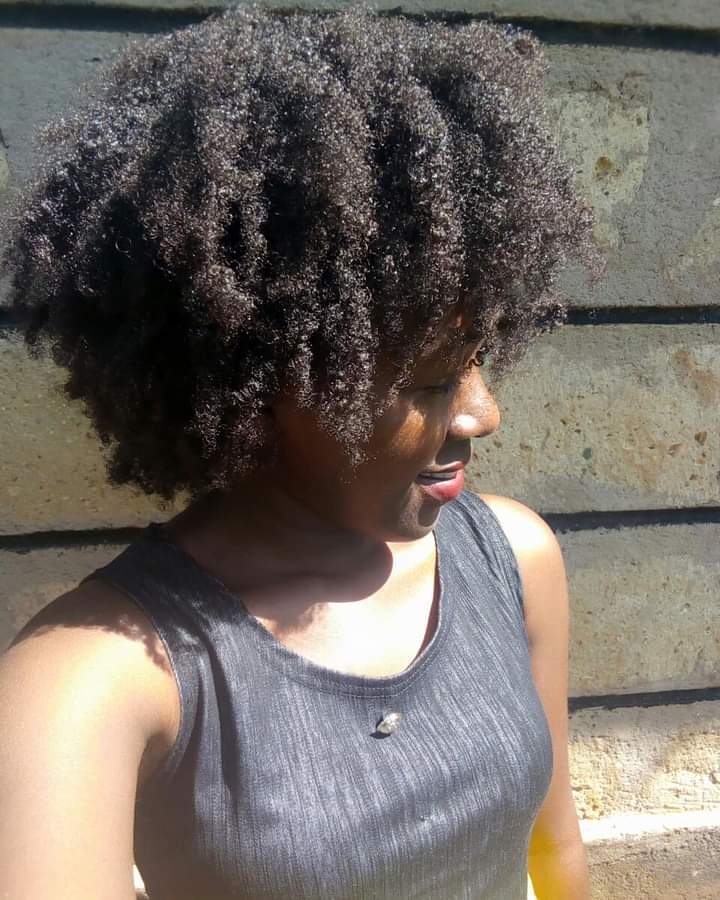
Secrets to Keeping Dandruff Off 4C Natural Hair
For 4C natural hair, the tight curl pattern means the scalp doesn’t receive as much natural oil as straighter hair types, which can lead to dryness—a key factor in dandruff. Now that we understand the causes, let’s jump into how to prevent dandruff, particularly on 4C natural hair.
Tip 1: Keep Your Scalp Moisturize
Moisture is key when it comes to preventing dandruff, especially if your dandruff is caused by a dry scalp. 4C natural hair tends to be drier, and as a result, your scalp can become dry too, leading to flaking. One of the best ways to prevent this is to ensure that your scalp is consistently hydrated.
How to Keep Your Scalp Moisturized:
- Use a water-based leave-in conditioner: Products that have water as the first ingredient help to hydrate both your hair and your scalp. Spray-on leave-in conditioners are especially great for targeting the scalp directly.
- Incorporate scalp oils: Natural oils like jojoba oil, argan oil, and olive oil mimic the scalp’s natural sebum and can keep it moisturized. After moisturizing your hair and scalp, use a lightweight oil to seal in the moisture.
- Massage oils into your scalp: Not only does this help to increase blood circulation (which promotes hair growth), but massaging oils like tea tree or peppermint oil can also help reduce dandruff thanks to their antifungal and antibacterial properties.
Tip 2: Shampoo Regularly with a Gentle, Anti-Dandruff Shampoo
Keeping your scalp clean is crucial for preventing dandruff. Regular washing helps to remove product buildup, excess oils, dirt, and flakes from your scalp. However, 4C hair can be sensitive to frequent washing due to its tendency to become dry. Finding the right balance between cleansing your scalp and retaining moisture is essential.
What to Look for in a Shampoo:
- Sulfate-free formulas: Harsh sulfates can strip natural oils from your hair and scalp, making dandruff worse. Opt for sulfate-free shampoos that cleanse your scalp without stripping it of its natural oils.
- Shampoos with tea tree oil, salicylic acid, or zinc pyrithione: These ingredients are known for their antifungal and antibacterial properties, which help to reduce dandruff. Tea tree oil, in particular, is excellent for soothing the scalp and fighting dandruff-causing fungi.
Recommended Anti-Dandruff Shampoos for 4C Hair:
- SheaMoisture African Black Soap Bamboo Charcoal Deep Cleansing Shampoo: This shampoo contains tea tree oil and African black soap to deeply cleanse the scalp, remove buildup, and fight dandruff without drying out your hair.
- Head & Shoulders Royal Oils Moisture Boost Shampoo: Specially formulated for natural hair, this shampoo cleanses the scalp while providing moisture, helping to reduce dandruff and soothe an itchy scalp.
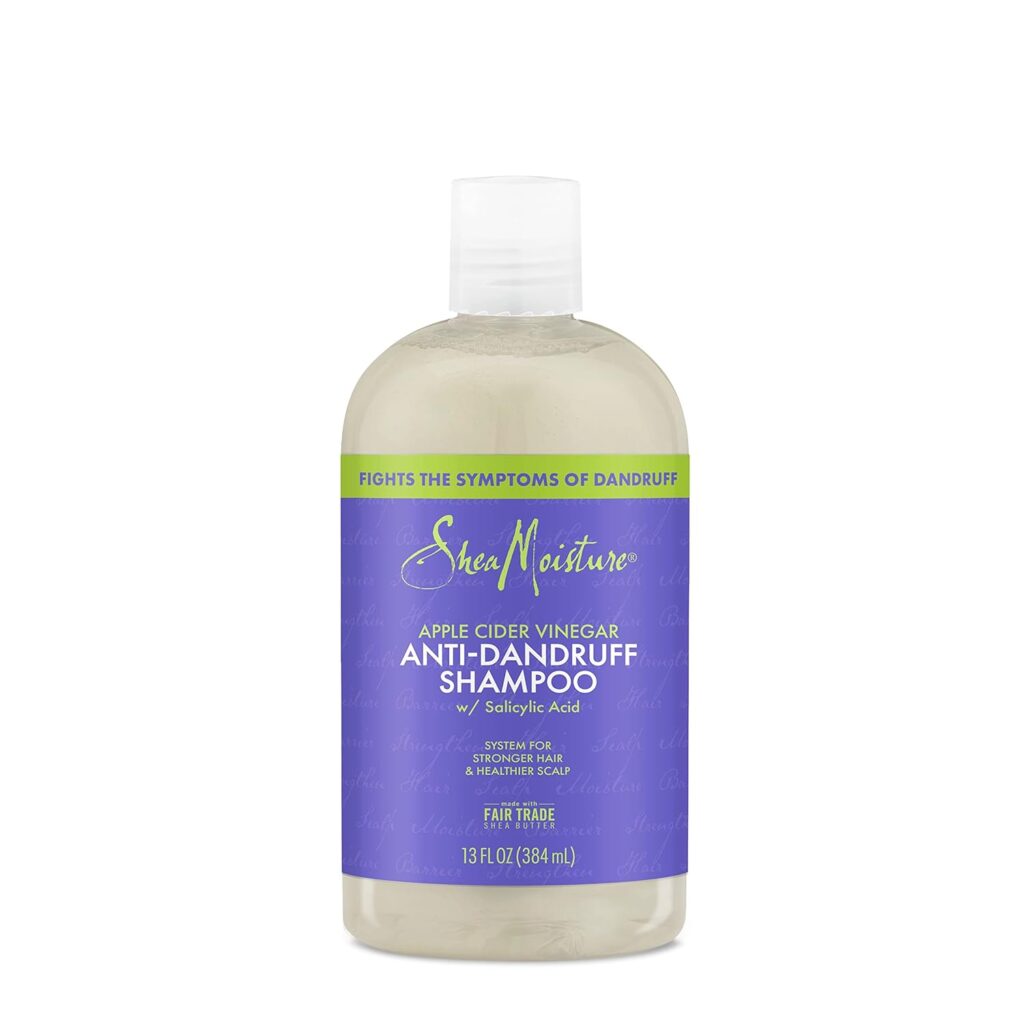
Tip 3: Avoid Product Buildup
Product buildup is a major culprit when it comes to dandruff. Many of us with 4C hair rely on heavier products like creams, oils, and gels to keep our curls defined and moisturized. However, if these products are not washed out properly, they can accumulate on the scalp and lead to dandruff.
How to Prevent Product Buildup:
- Clarify your scalp: Regularly use a clarifying shampoo or apple cider vinegar rinse to remove product buildup from your scalp. Apple cider vinegar has antibacterial and antifungal properties that help keep dandruff-causing bacteria at bay while also balancing the pH of your scalp.
- Wash in sections: Washing your hair in sections helps ensure that you’re thoroughly cleansing both your scalp and your hair. This is particularly useful for 4C hair, which tends to be denser and harder to reach at the scalp.
- Don’t overuse heavy products: Try to avoid layering too many heavy products on your scalp. Focus on applying thicker products to your hair rather than your scalp, as your scalp needs to breathe.
Tip 4: Massage Your Scalp Regularly
Scalp massages are a great way to stimulate blood circulation, which can improve the health of your scalp and reduce dandruff. Massaging also helps distribute natural oils from the scalp throughout your hair, which is especially beneficial for 4C hair that doesn’t get as much sebum.
How to Massage Your Scalp:
- Use your fingertips: Gently massage your scalp in circular motions with the pads of your fingers. Avoid scratching with your nails, as this can cause irritation and worsen dandruff.
- Add an oil: For added benefit, use oils like tea tree oil, peppermint oil, or even castor oil during your scalp massages. These oils not only nourish your scalp but also have antifungal properties that help fight dandruff.
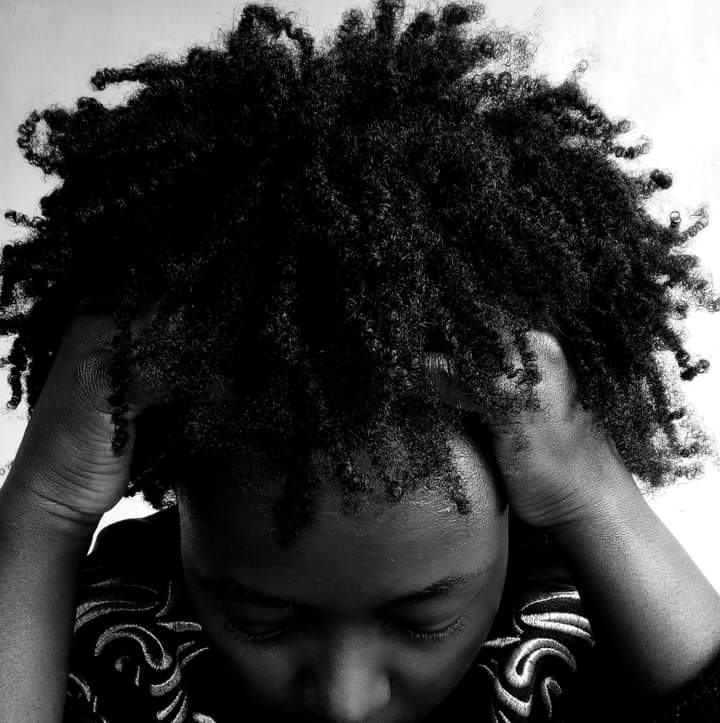
Tip 5: Eat a Balanced Diet
Believe it or not, what you eat plays a role in the health of your scalp. A poor diet lacking in essential nutrients can lead to dry skin and scalp conditions like dandruff. Ensuring that your body gets the vitamins and minerals it needs is an important part of maintaining a healthy scalp.
Key Nutrients for a Healthy Scalp:
- Omega-3 fatty acids: Found in fish, flaxseeds, and walnuts, omega-3s help to keep your scalp hydrated and reduce inflammation.
- Zinc: Zinc is an important mineral for skin and scalp health. Foods like pumpkin seeds, oysters, and chickpeas are rich in zinc.
- Biotin: Also known as vitamin B7, biotin is essential for healthy hair and skin. Include foods like eggs, almonds, and sweet potatoes in your diet.
Tip 6: Avoid Using Too Much Heat
Heat styling tools like flat irons and blow dryers can dry out your scalp and hair, leading to dandruff. Excessive heat use can also weaken your hair, causing breakage and making it harder to retain moisture.
How to Minimize Heat Damage:
- Air dry your hair: Instead of blow-drying, allow your hair to air dry after washing. If you do use a blow dryer, use it on a cool setting to prevent scalp irritation.
- Use a heat protectant: If you must use heat, always apply a heat protectant to your hair and avoid using heat directly on your scalp.
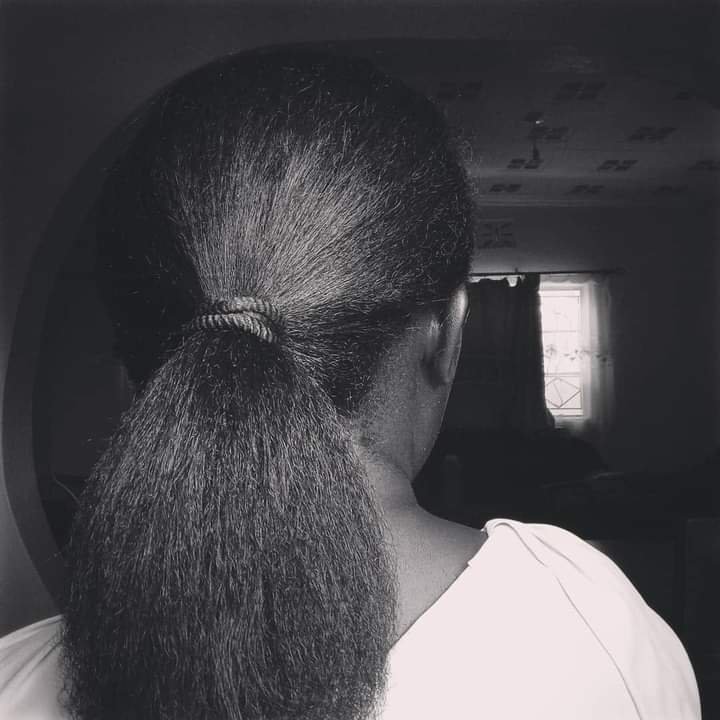
Tip 7: Be Mindful of Hairstyles
Protective styles like braids, twists, and wigs are great for 4C hair, but if done too tightly, they can irritate your scalp and cause dandruff. Tight styles can also lead to product buildup if you don’t give your scalp proper care while your hair is in these styles.
How to Maintain Your Scalp While in Protective Styles:
- Moisturize regularly: Even in protective styles, your scalp needs moisture. Use a light water-based spritz or oil to hydrate your scalp every few days.
- Clean your scalp: You can still clean your scalp while wearing protective styles. Use a diluted shampoo or a dry shampoo to refresh your scalp and prevent dandruff buildup.
Preventing dandruff on 4C natural hair requires a mix of good scalp care, proper hair hygiene, and the right products. By keeping your scalp moisturized, clarifying regularly, and incorporating the right products into your hair care routine, you can prevent dandruff from making an unwanted appearance.
Remember, maintaining healthy 4C hair and scalp is a journey that requires consistency, patience, and the right care. With the tips above, you can keep dandruff at bay and enjoy a healthy, flake-free scalp that complements your beautiful 4C curls.

